Learn 10 surprising facts about Black Friday, the biggest shopping day in the year.


Learn 10 surprising facts about Black Friday, the biggest shopping day in the year.
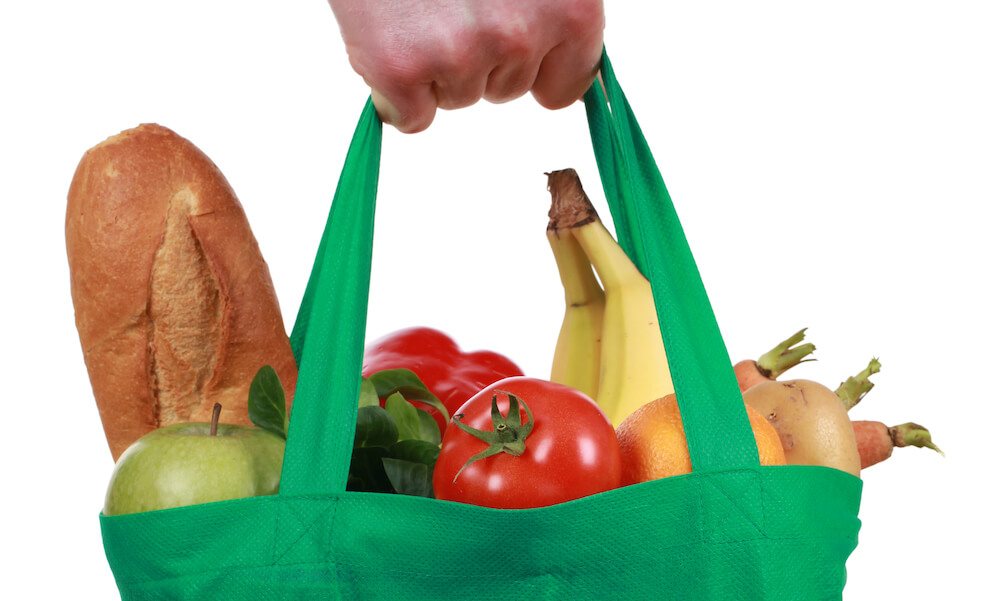
A store without cashiers or lines sounds like the stuff of dystopian nightmares or futuristic dreams, but in fact, it is a reality in four states around the country.
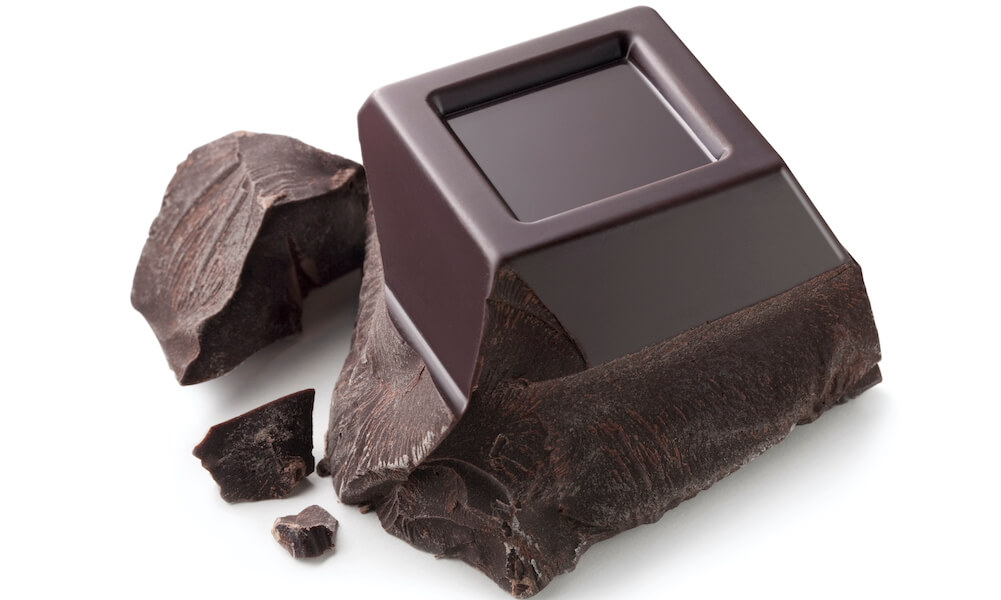
In an act of anti-war protest, Nestle removes candy products from Russian shelves.
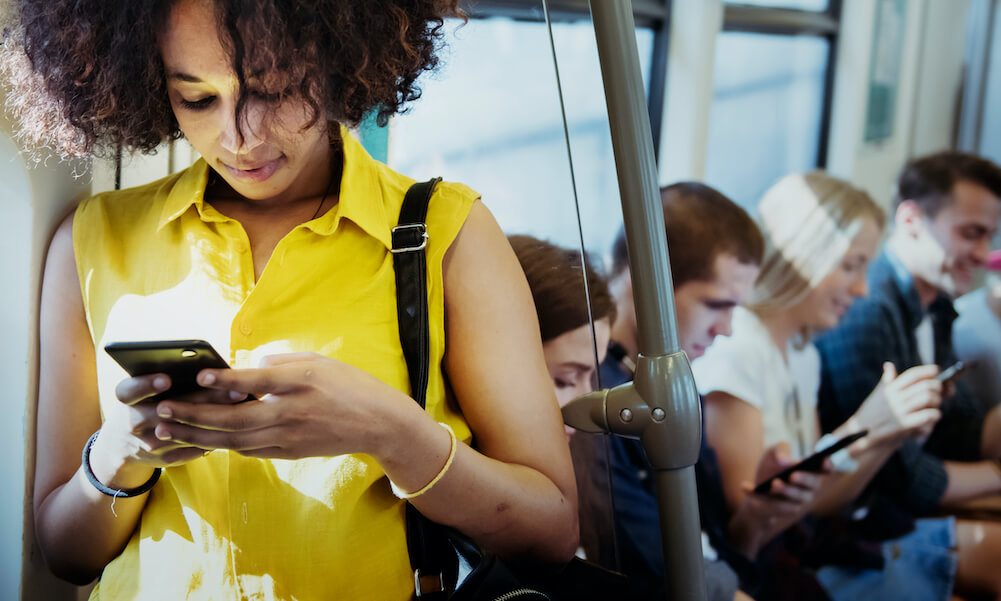
Find out how Black women are the fastest growing group of business owners amidst a global pandemic.
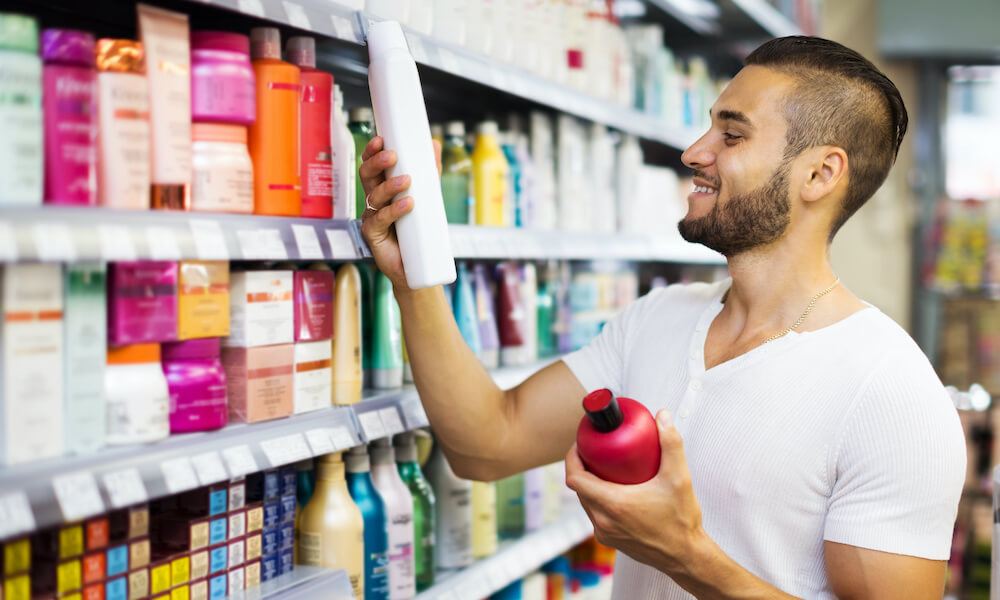
Learn about factors that have shaped modern American consumerism from professor of American History, Lizabeth Cohen.
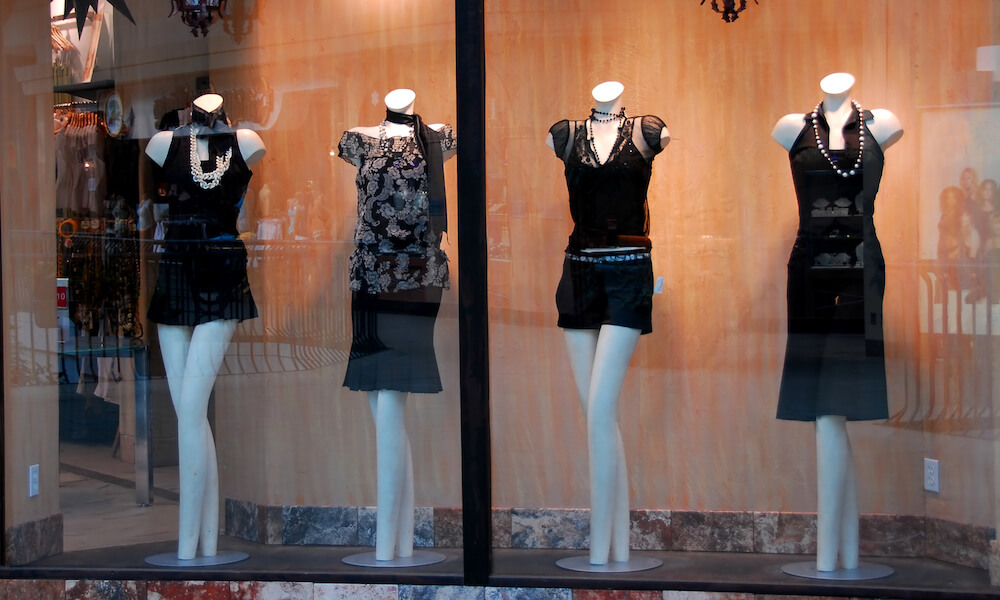
The luxury shopping experience is moving from intimate boutique to widely available livestreams.

A self-driving car could well be a product of the not-so-distant future. How do you feel about a driverless car? What are the advantages? What do you think might concern people about such a vehicle?
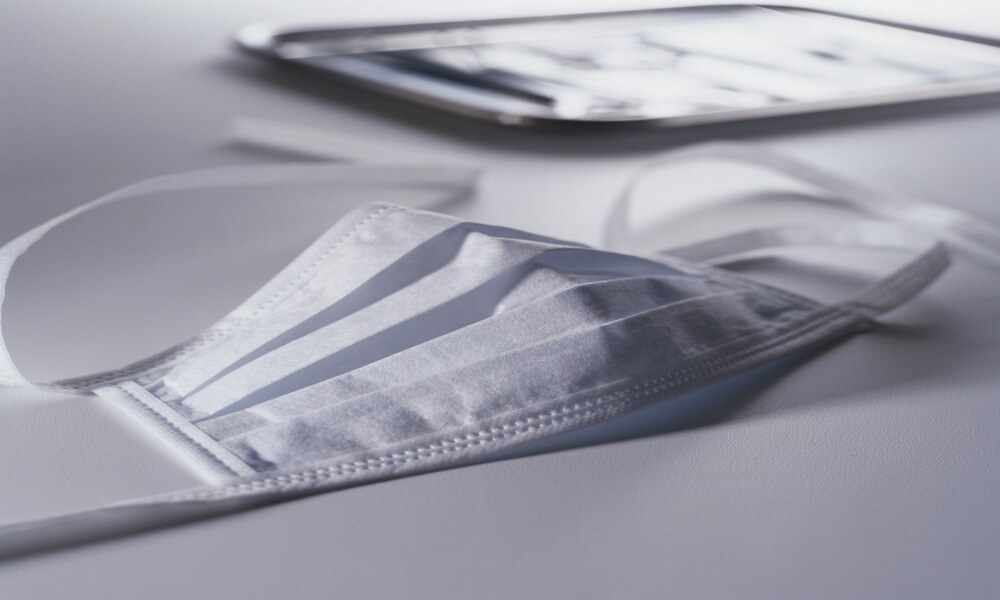
Combatting the coronavirus has increased production of surgical masks, creating a potential environmental hazard. Read about the risks and ways to protect the planet.
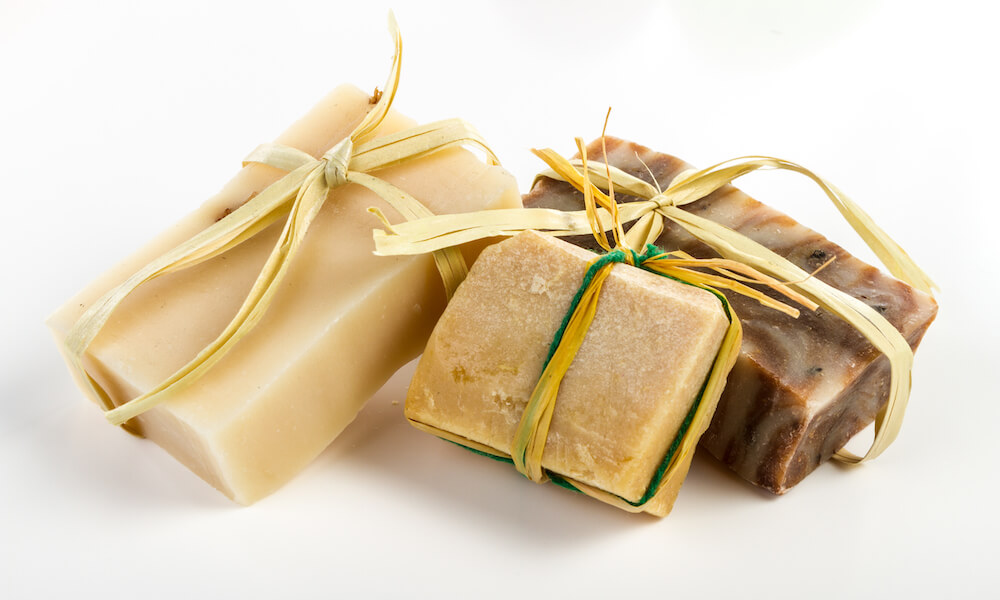
From soap to kitty litter, here’s a list of everyday items made from recycled materials that might astonish you.
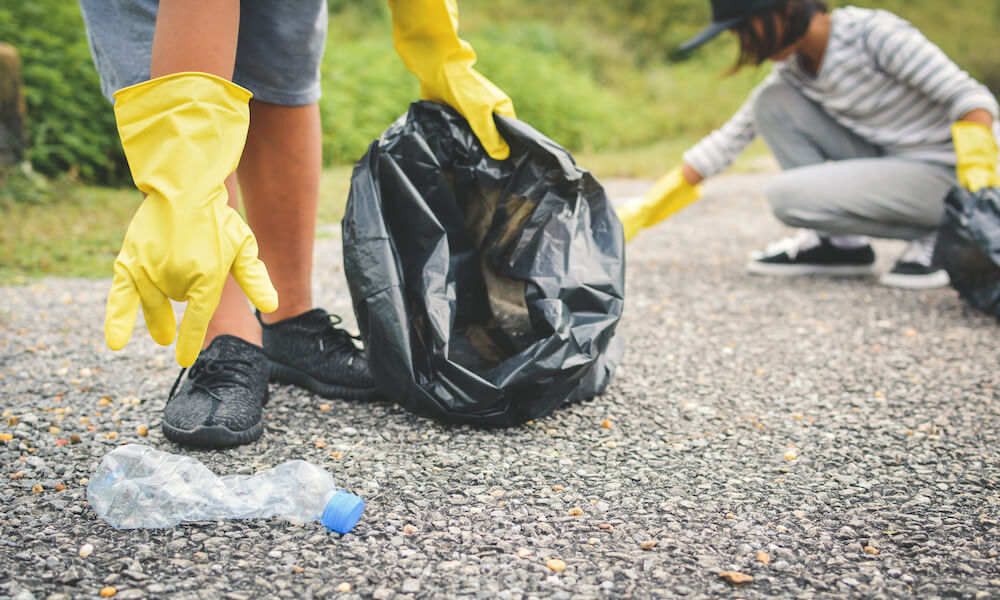
Measures to safeguard public health during the coronavirus pandemic might jeopardize hard-won environmental protections against waste from single-use plastics. Read this article to find out more.

Studies show that the thoughts of buying something new can provide as much pleasure as having that new purchase in the hand! And, for the materialistic, the happiness gained from a new purchase is short-lived.
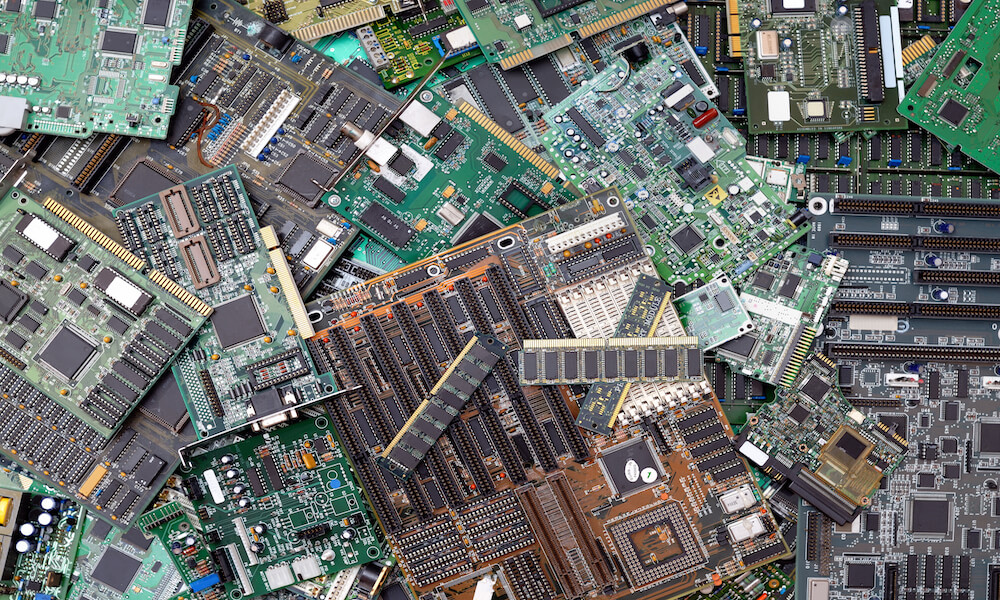
E-waste, used and frequently discarded computers, tablets, smartphones and other electronics, is the fastest-growing municipal waste stream in the United States. Read this opinion piece about the causes and possible solutions to this mounting environmental threat.
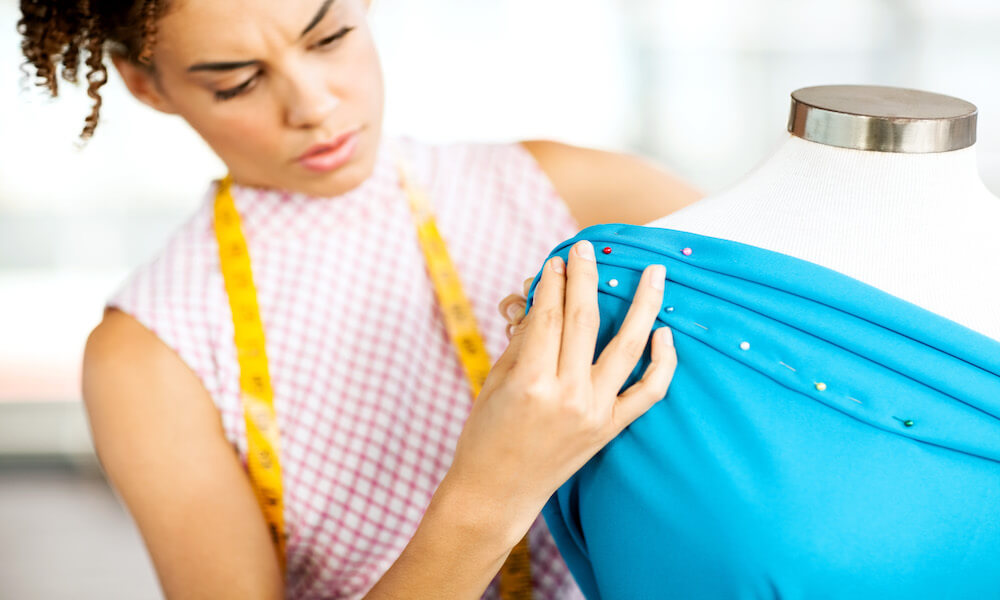
At Zero Waste Daniel, New York-based designer Daniel Silverstein creates fashion that is both environment-conscious and socially responsible. Watch this short video to find out more.
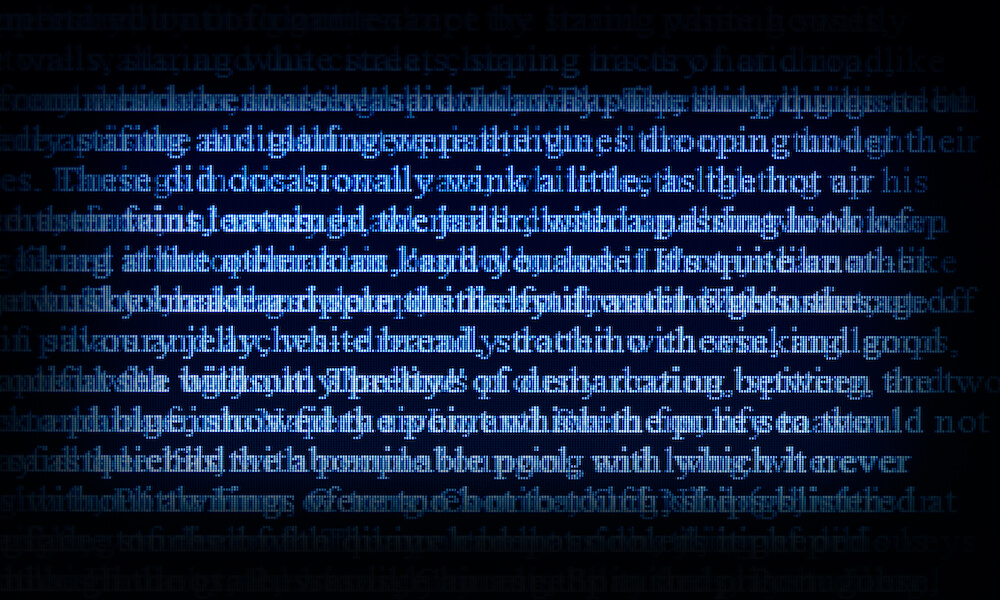
Feeling overwhelmed by all the information on the internet? That “foggy” sensation in your brain after hours of pointing, clicking, tapping, and swiping has a name. It’s called information overload. Read this article to learn more about it.
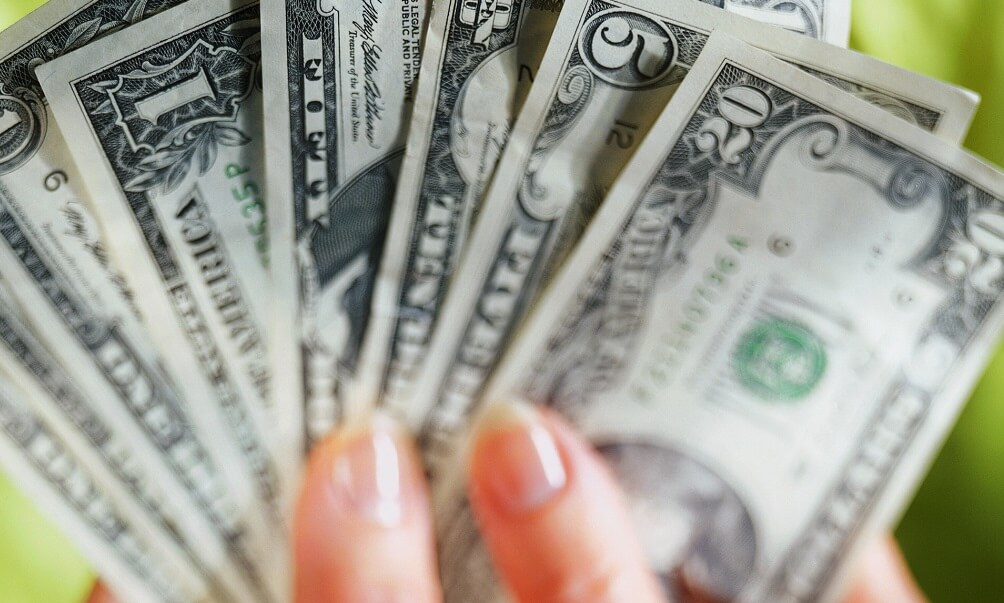
Find out why winning the lottery may not change people’s lives the way we would expect.

Learn why product marketing may be crucial to public health.

Living beyond our means and having an attachment to possessions is something we’ve become accustomed to. We can put a false value on owning things, imagining a happiness that simply cannot be obtained through materialism.
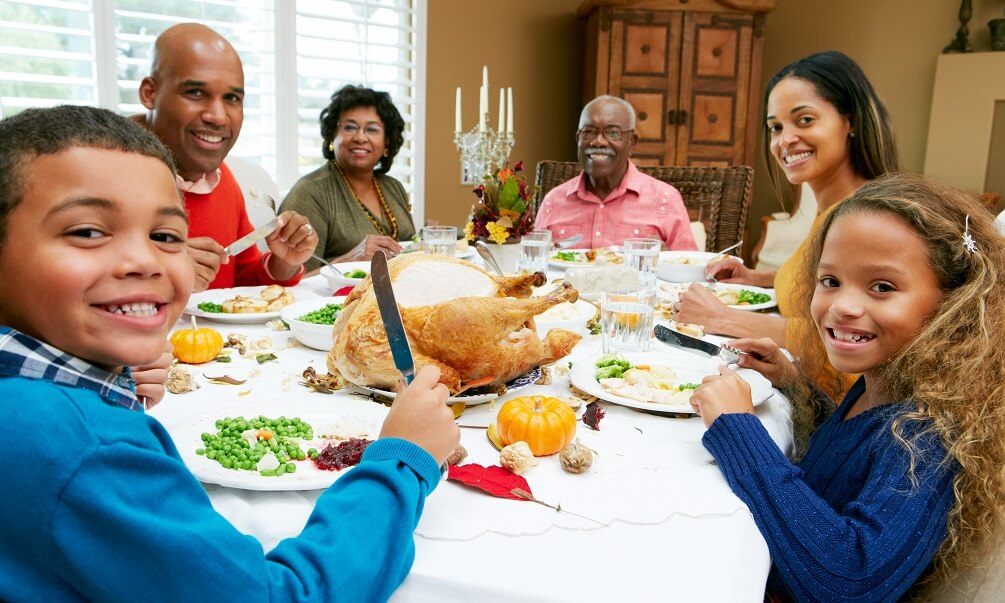
The foods we literally consume at Thanksgiving are based not in history, but in consumerism itself.
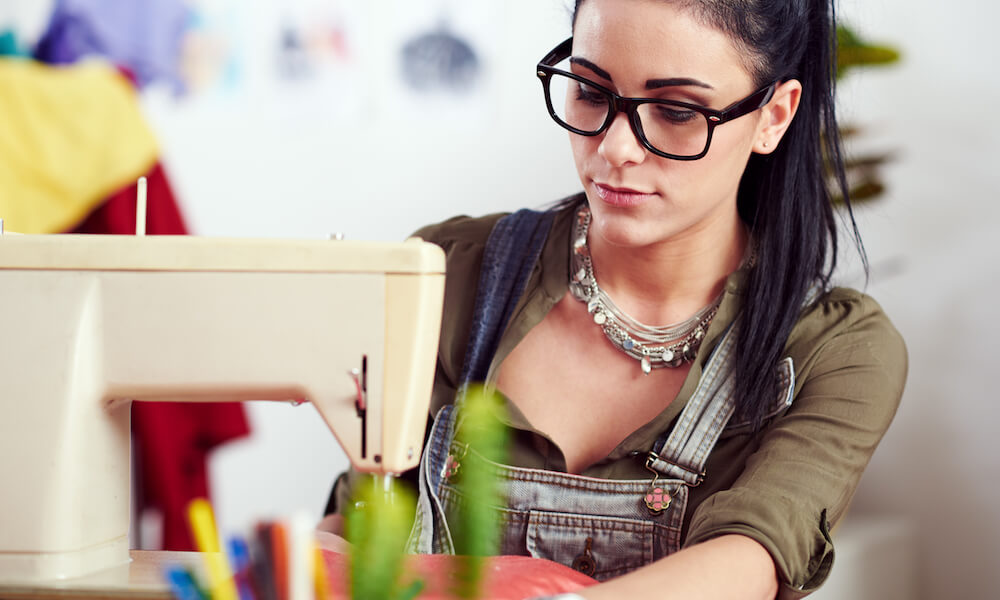
While the coronavirus has led to complications for many workers, some Etsy sellers have made a fortune selling cloth masks to consumers. Read more about the hard work and luck that went into making millions off of a perfect storm of circumstances.
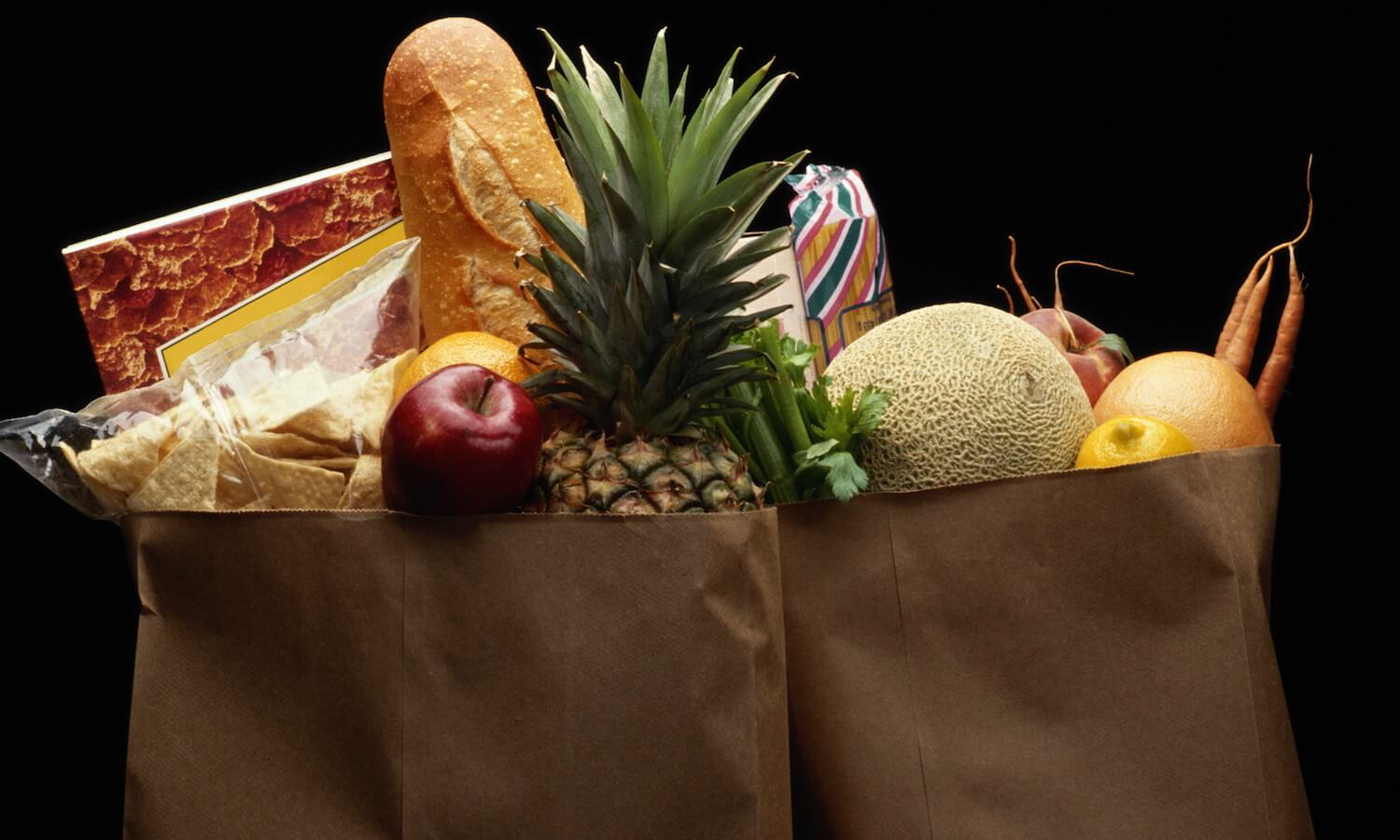
While some companies are struggling during the pandemic, major snack companies are bringing in unforeseen profits.